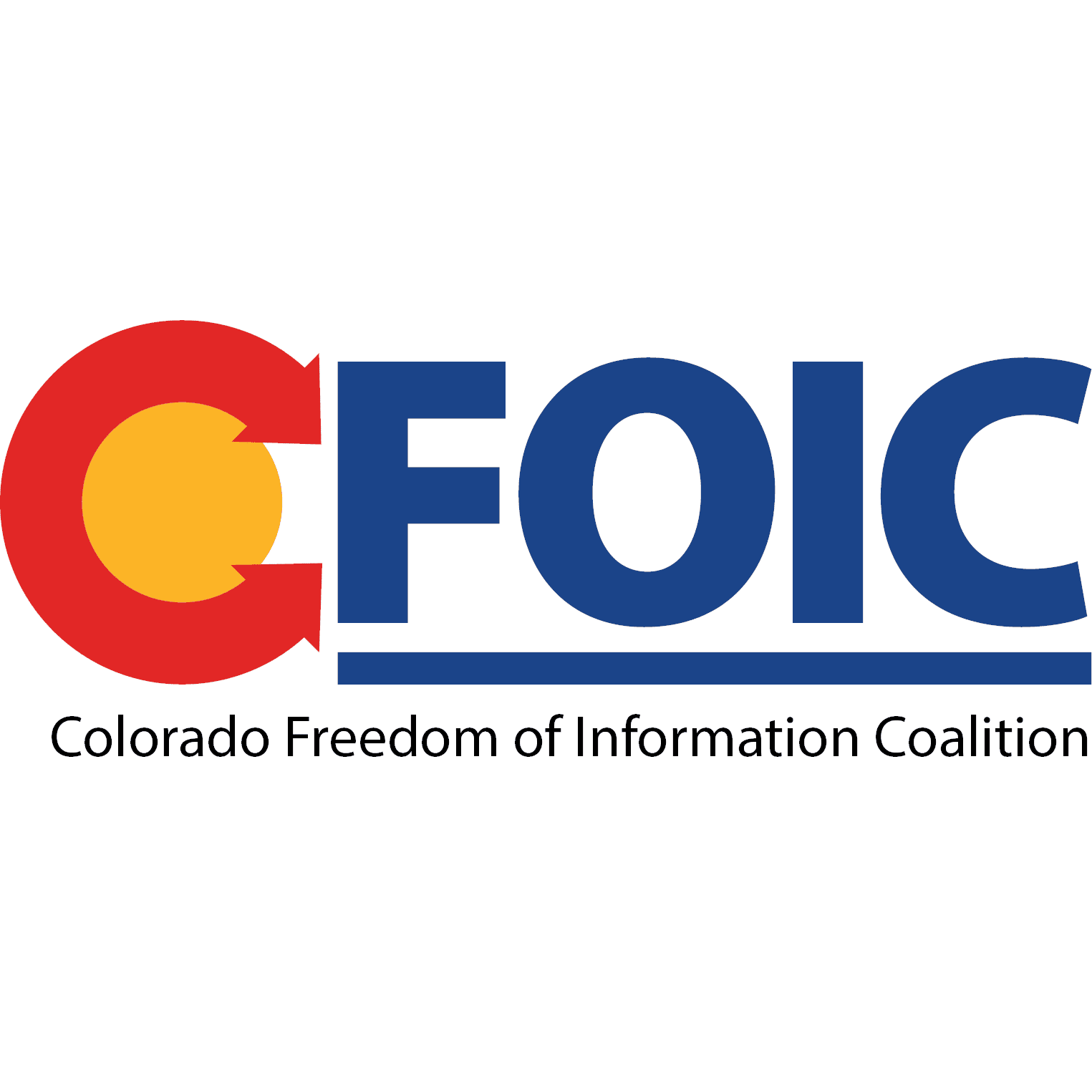As amended by the Colorado House last week, an open meetings bill still significantly weakens Coloradans’ ability to enforce a 22-year-old provision in the Sunshine Law requiring school boards and other local public bodies to announce the topics of closed-door meetings with some specificity.
Before passing House Bill 23-1259 on a 50-14 vote Friday, state representatives added a suggestion from Colorado Freedom of Information Coalition president Steve Zansberg that bars pro se litigants who challenge inadequate executive session announcements from collecting court costs and attorney fees. The language is designed to thwart a Pagosa Springs attorney who has represented himself in 46 open-government lawsuits over the past three years.
But the amended bill still lets local public bodies fix or “cure” insufficient executive session announcements and it awards court costs and reasonable attorney fees to local public bodies that are unsuccessfully sued over executive announcements — establishing a risky financial barrier for anyone interested in filing an accountability lawsuit. Under the Colorado Open Meetings Law as currently written, a public body can collect costs and attorney fees only if a court finds that a lawsuit was “frivolous, vexatious or groundless.” But losing a lawsuit under HB 23-1259 could cost someone many thousands of dollars. (The civil courts are the only venue for enforcing Colorado’s open-government laws.)

